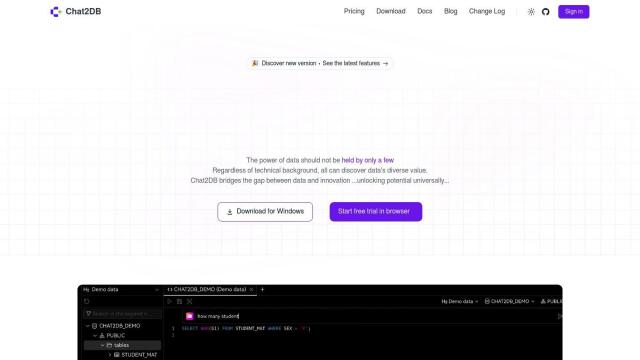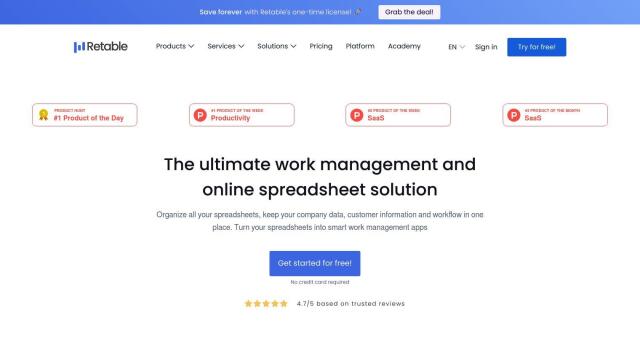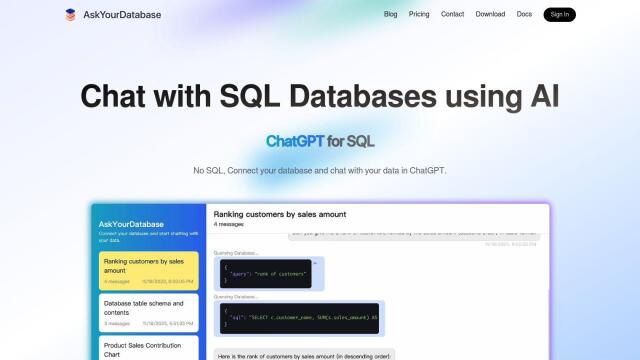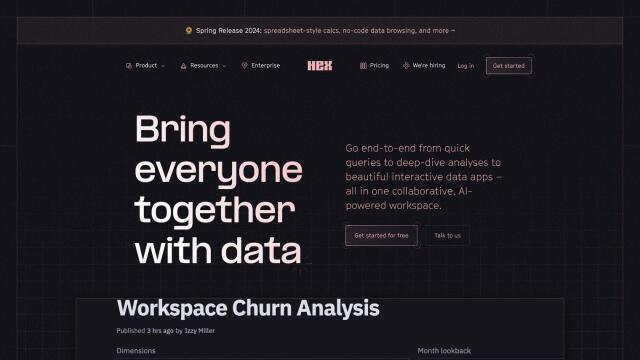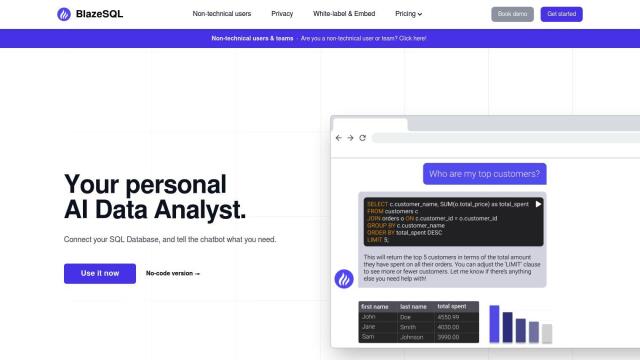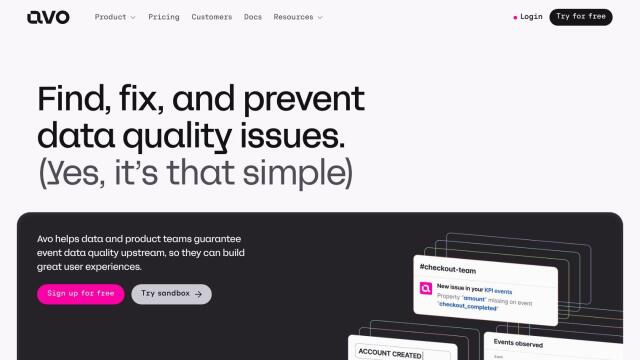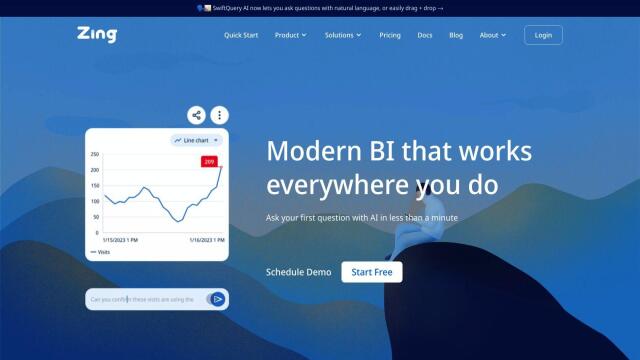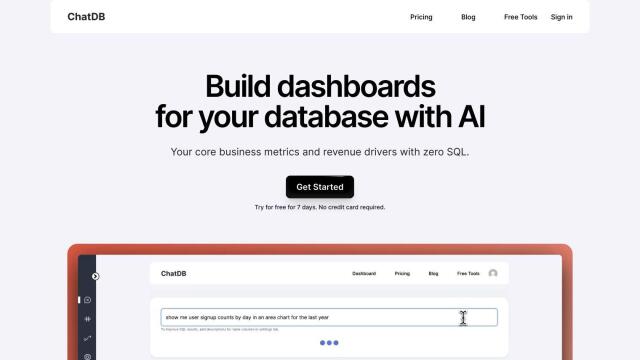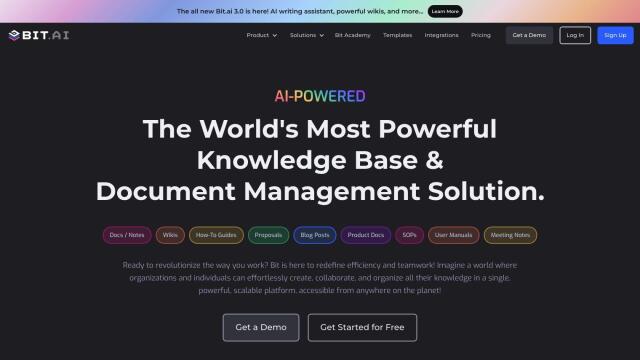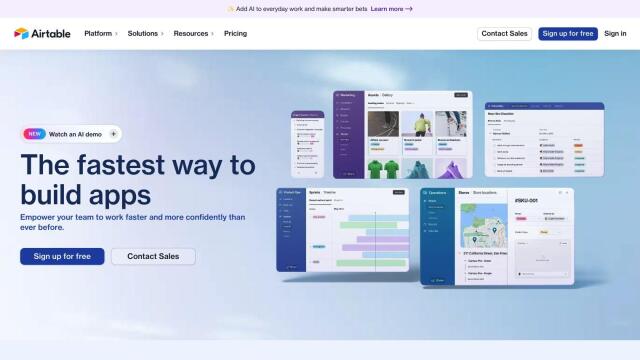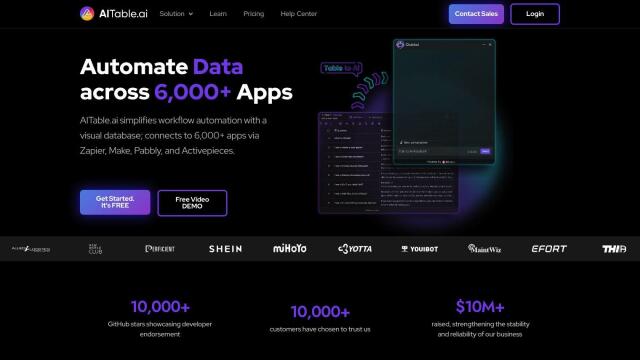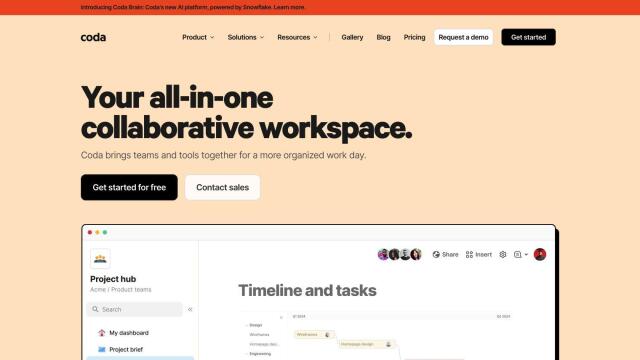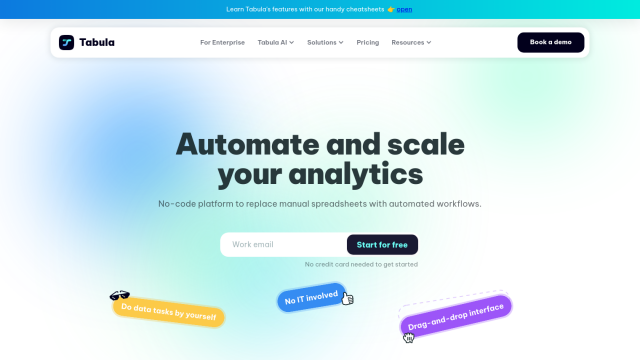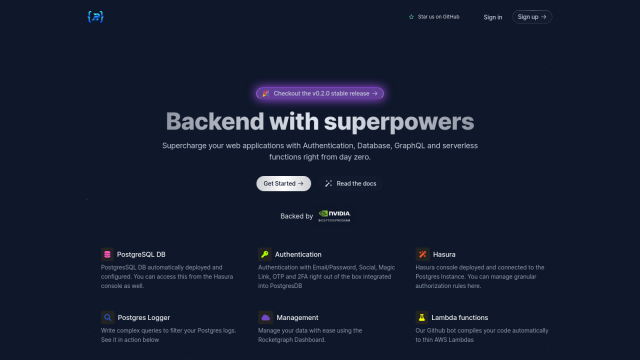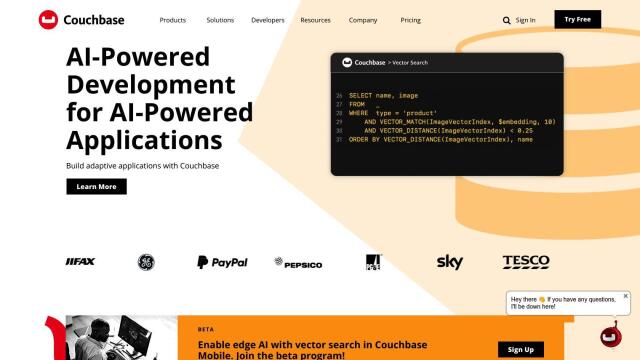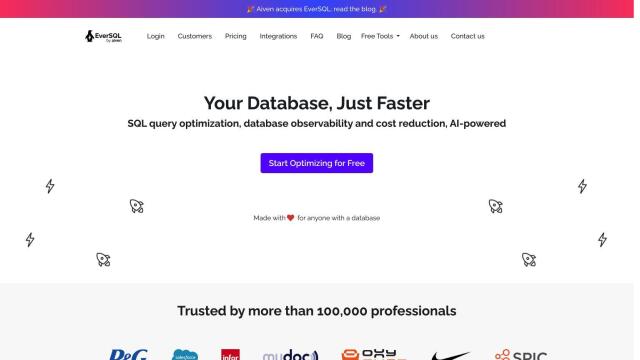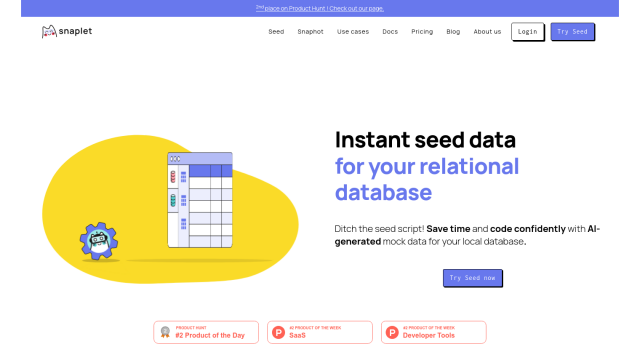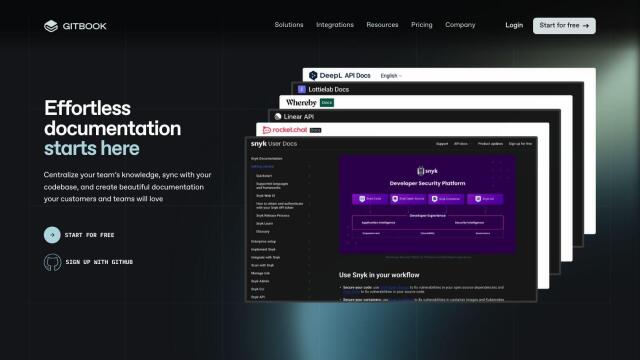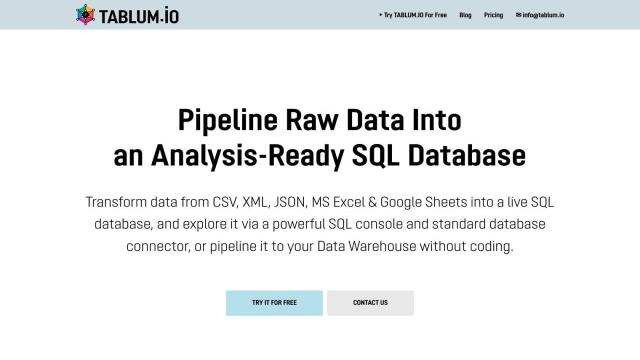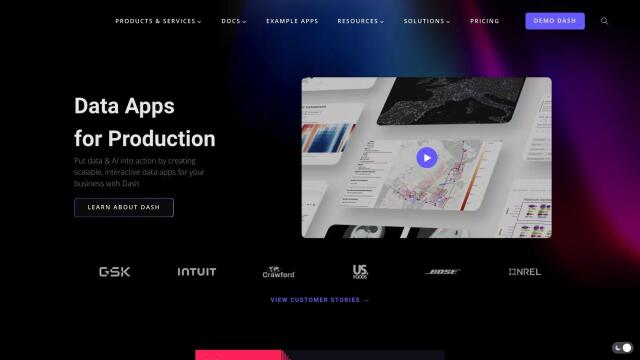Question: How can I easily document and collaborate on database design with my team?

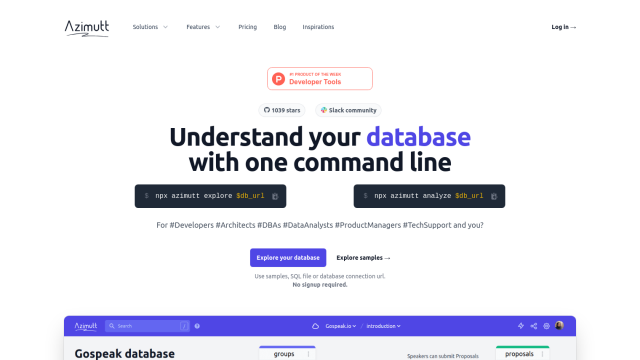
Azimutt
If you want to document and collaborate on database design with your team, Azimutt is a good choice. It's got an interactive command-line interface for managing database structures, including an ERD, AML design, documentation and presentation. It also has collaboration features and access controls for secure collaboration. Azimutt can handle multiple database types, including relational and document-based, and has tiered pricing.

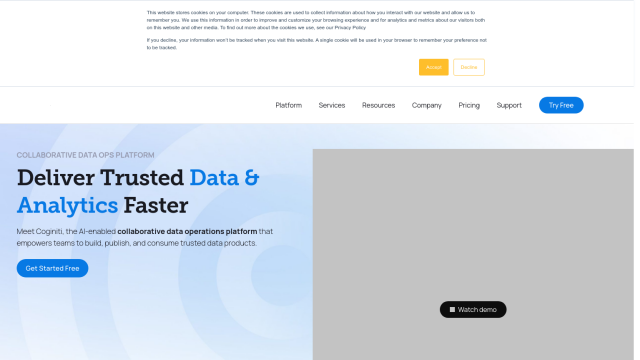
Coginiti
Another good option is Coginiti, a data operations platform for collaborative work that lets teams create, publish and consume data products. It's got deep integration with database objects, modular analytic development, team collaboration with versioned workspaces and version control. Coginiti also has a data quality framework and AI assistance to boost productivity and help people make data-driven decisions. It can link to different data platforms, business intelligence tools and data orchestration systems, so it's a good option for team collaboration.

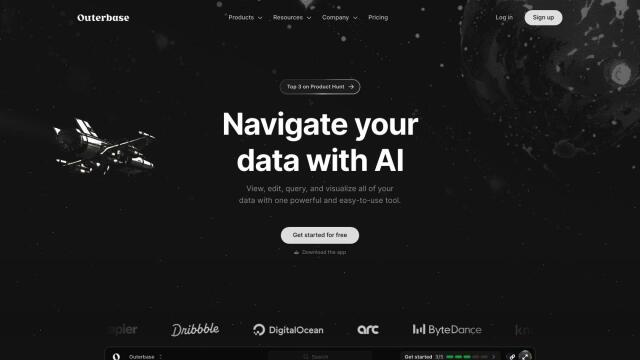
Outerbase
For a more user-friendly and collaborative experience, check out Outerbase, an AI-powered tool with a single interface for creating, editing, visualizing and exploring data. It can handle multiple databases and has security and compliance features like data encryption and two-factor authentication. Outerbase' natural language queries and data catalogs make it accessible to non-technical people, and its tiered pricing is good for teams of different sizes.

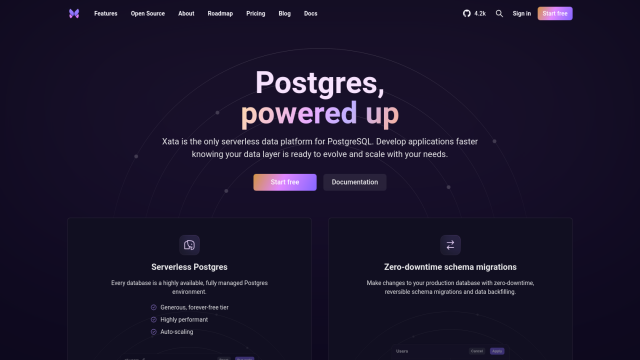
Xata
Last, Xata is a serverless data platform for PostgreSQL. It's got features like serverless Postgres, zero-downtime schema migrations, file storage and a collaborative dashboard. Xata's free tier has plenty of resources, and its tiered pricing can handle growing projects. It's designed to fit into your existing workflow and can be used with a variety of frameworks and tools, so it's a good option for collaborative database operations.

